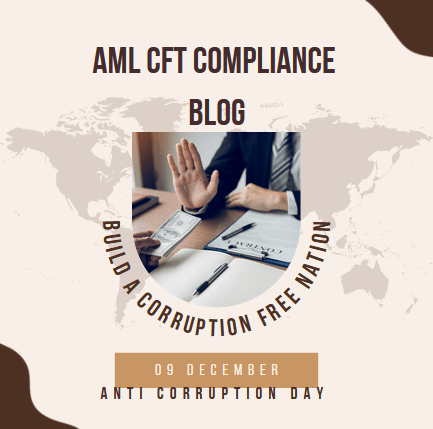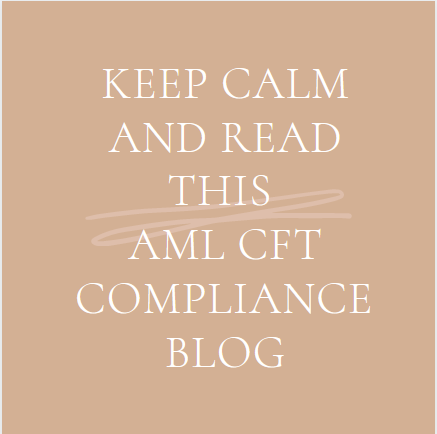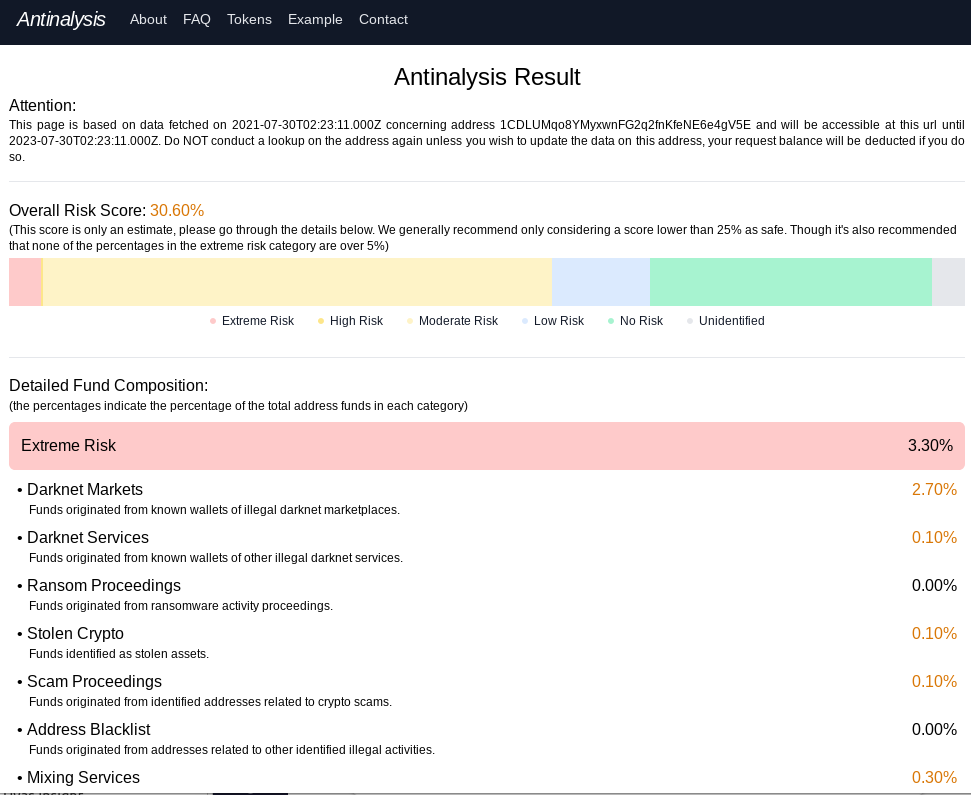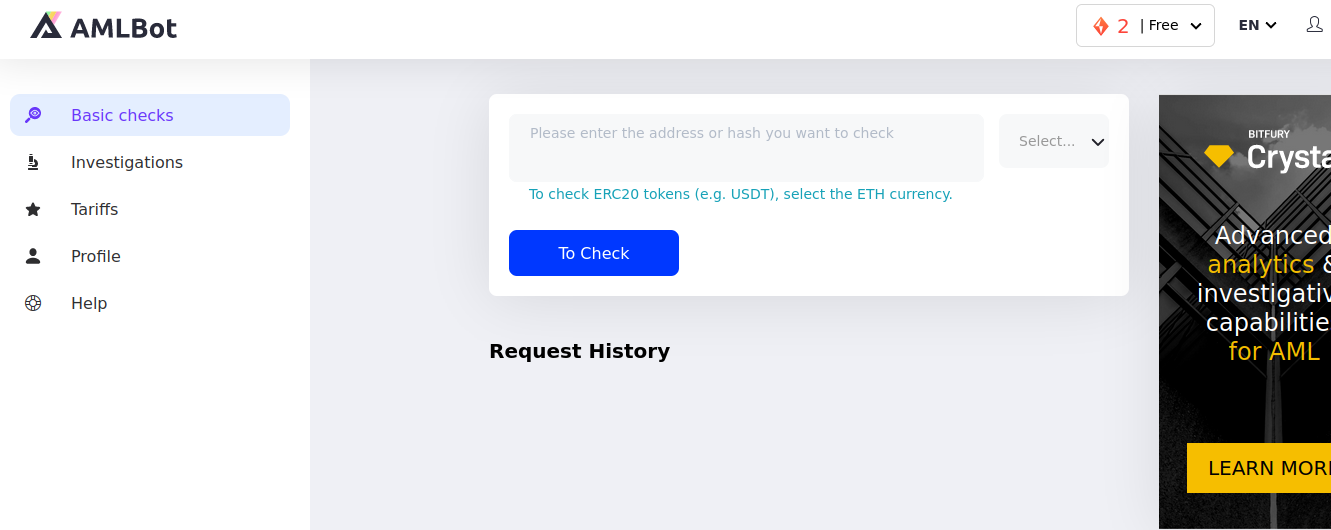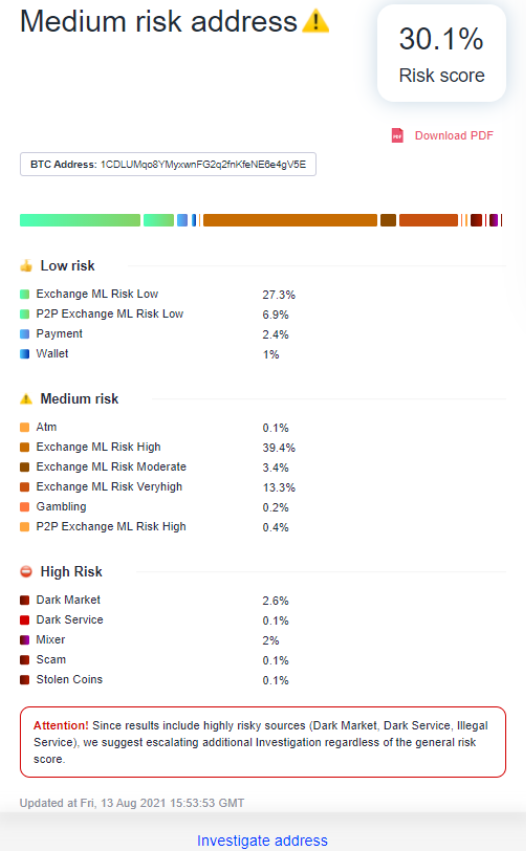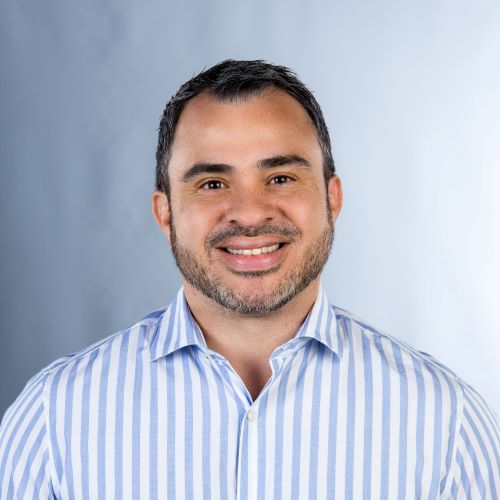Article by Gwendolyn L. Hassan
Finding herself on the wrong end of the proverbial pink slip, compliance pro Gwen Hassan struggled to determine exactly what was next for her. Here, she shares her experience embarking on the next chapter of her career and offers a few guideposts for fellow job seekers.
Like many others in this pandemic-disrupted world, I find myself unexpectedly unemployed. My most recent position was unceremoniously eliminated via a Microsoft Teams call as part of a larger corporate restructuring with almost no notice:
“I’m sorry to inform you: Your position has been eliminated, effective immediately.
Today is your last day.”
I had not been in the office for over a year at that point. I lost not only a job, but also the chance to see again, in person, the friends, colleagues and team members I had there.
My prior eight years were spent building a global compliance program and function for my former employer. I have a giant whiteboard on the wall of my home office that became “command central” when I switched to all-remote work because of the pandemic. It was covered with goals, bright ideas, next steps and to-do items for that program. Once the initial shock of my job loss wore off, I erased everything written on my giant whiteboard. I stared at it and all of its beckoning blank space and thought, “Well, now what?!”
Here are some tips on what to do next should you ever find yourself in a similar position:
1. Take some time to mourn.
Yes, I said mourn. A job loss is just that, a loss. I think this is true for everyone, but it is perhaps especially true for compliance professionals. Our profession by its very nature requires a special focus on developing relationships and on being builders. We build programs and processes and controls, but we also build relationships. We partner with other control functions, with our boards, with our business clients, with our teams and staff and with each other. When you lose a compliance position, it can also feel like you’re losing everything you have built, including all of those relationships. It can be a sudden and jolting loss. So allow yourself the time to process the change. Be gentle with yourself, and give yourself some grace.
2. Get yourself a blank piece of paper (or a blank whiteboard) and embrace the “art of the possible.”
Ask yourself the big questions:
- What is most important to you?
- What did you most enjoy about your last position? What did you dislike about it?
- Are you happiest as an individual contributor, or do you prefer to work as part of a team?
- Do you want to manage and develop people, or do you prefer to serve as a subject matter expert?
- Where do you see yourself five years from now? 10?
- What experiences and knowledge do you need to get you from ‘here’ to ‘there’?
- What are you willing to sacrifice? What is nonnegotiable for you?
- Are you willing to return to working in an office, or are you happier working remotely?
- What is it that you really want out of life and out of your career?
Until you can answer these questions for yourself, you won’t know what to look for! Take the time to embark on this mental journey and then write your own job description. Pour yourself a glass of wine or make yourself a strong cup of coffee (or other beverage of your choice) and write/draw it out. What does your ideal work life look like to you? Where are you? What are you working on? Who are you working with? Create a crystal-clear vision for yourself of exactly what your next step will be.
3. Reach out to your network and tell them you are searching – and what it is, specifically, you are searching for.
I know admitting to people that you are unemployed can feel scary. There has historically been some amount of embarrassment and shame associated with being unemployed – a lingering feeling, even in cases of corporate restructuring, that it might somehow be your fault. I’m here to suggest this is an outdated way to feel.
The reality today is that companies change strategies and priorities all the time. They make business decisions that often, sadly, do not include much concern for the employees impacted by them. The pandemic made this even more prevalent, as companies have been forced to suddenly pivot and adjust to a situation no one expected. Potential employers understand being unemployed happens to even the best and brightest people, so I suggest you swallow your pride and be open and transparent.
This is especially important for the compliance professional. Our profession is based on the very idea of open and transparent communication, of raising your hand when there’s an issue. Well, the issue is now your career, so raise your hand! It’s time to practice what we all preach: reaching out to ask for help when you need it.
You have (hopefully) spent years investing in, building and nurturing your professional network. Now is the time to lean on them for help and advice. Ask them for introductions and recommendations. Ask if you can write an article or record a podcast for them (as I am doing now!). Request that your contacts network on your behalf. Leverage the network you have built for yourself!
4. Develop a back-up plan.
Do you have enough emergency savings and severance to “bridge” you through a long job search? Conventional wisdom says a job search can take a month for every $10,000 in salary you make. What options do you have for bringing in enough income to pay your bills while you search? Are there consulting opportunities available? Is there project work you might take on? Is there a part-time position you might be able to work in for the time being? Having a back-up plan is of vital importance to prevent you from panic-accepting a role that isn’t right for you just to ensure a paycheck. Having a solid back-up plan will empower you to be steadfastly devoted to the vision you created for yourself back in step 2 – and not to settle for anything less.
5. Do something you’ve always wanted to do but never had the time for!
It can be tempting to turn searching for your next role into your new full-time job and allow yourself no days off. I know firsthand the kind of “I have children to support” anxiety that can take over if you let it. I highly recommend, however, taking some time off from your search.
Literally schedule vacation days from your search. Take an afternoon off every week and a few hours to yourself to do things unrelated to your hunt for the perfect next position. We all have lists of things we have always wanted to do, if only we had the time. Well, now is the time to do some of them!
That stack of books on your bedside table you’ve been meaning to read? Now is the time to read them!
Always wanted to watch The Office in its entirety from Episode 1 to Episode 201? Get streaming!
Have you fantasized about learning another language, taking a cooking class or cleaning out that spare room full of boxes you never unpacked when you moved? Seize the day!
Grab lunch with a friend, take a pottery class, learn yoga. Do something you’ve always wanted to do. Find the proverbial silver lining of not working full time and enjoy that flexibility at least a little bit.
I hope you find these tips helpful. They have been crucial for me, as have the many mentors and friends who continue to encourage me as I continue with my own search. Chin-up and eyes on the prize. We’ve got this!
